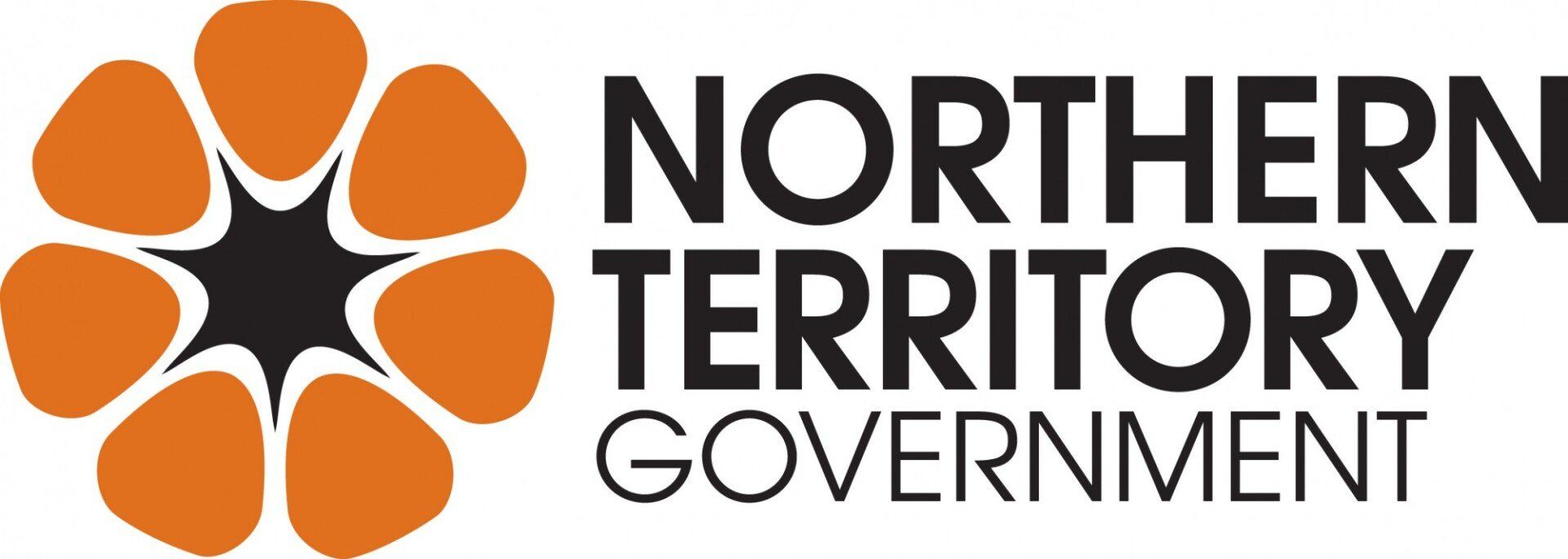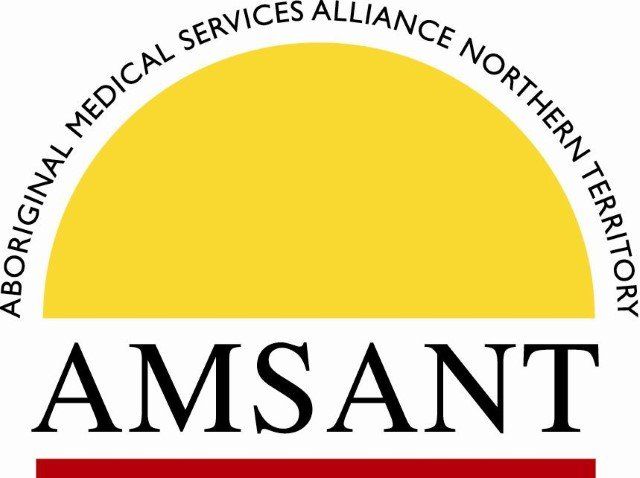Reaching out to a service for support
Reaching out to a service might make us feel a bit nervous, especially if we have lots going on. Below are some tips and questions that might help you start your journey.
We know that reaching out to a service can sometimes be challenging, especially when we don't know what's behind the door.
Take a look at the videos below of some of the community based organisations that you might reach out to for support.
Darwin Medicare Mental Health Centre
Operated by Neami National, this service offers a welcoming place for people to access mental health information, services and supports from qualified professionals over extended hours. Anyone can reach out for support for themselves, a loved one or patient. It is free and no appointment or referral is needed. Visit their website here for more information.
TeamHEALTH
TeamHEALTH support people across the Top End to live a better life by delivering a range of person-centred mental health and wellbeing services.
They work alongside individuals, families, and carers to provide the right support at the right time, helping people achieve their recovery goals and live independently within the community.
The Flourish Collective
The Flourish Collective provide a variety of psychological, health and wellbeing services to children, young people, individuals and their families across the psychological and developmental therapeutic space. They are based in Palmerston, NT. Visit their website here for more information.
headspace Katherine
headspace Katherine is a youth mental health service for young people aged 12 to 25, focusing on the early intervention of mental health problems. They provide health advice and support in 4 core areas including mental health, physical health (incl. sexual health), alcohol and other drugs and work and study. Visit their website here for more information.
Melaleuca Australia
Melaleuca Australia is an organisation that supports humanitarian entrants, migrants and people from culturally and linguistically diverse backgrounds of all ages, settling in the Northern Territory of Australia, through the provision of a suite of specialist services. They are located in Darwin, NT.
Resolve Counselling - Anglicare NT
Anglicare NT have a team of qualified counsellors that work with families, couples and individuals to explore solutions to personal and relationship problems and other challenges. Their approach is person-centred, therapeutic and strengths based.
Tailored sessions can be arranged for children and young people following the principles of Child Focused Practice.









